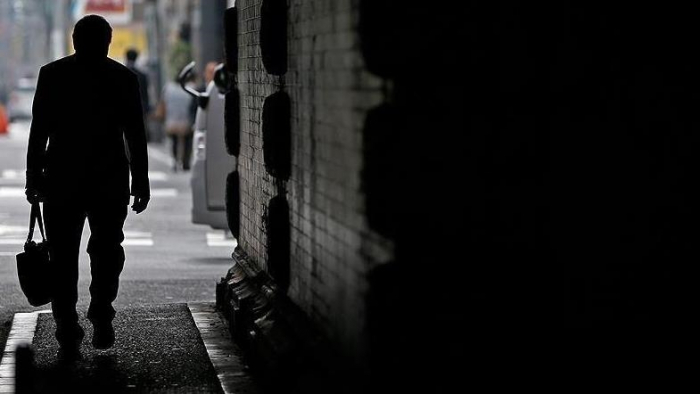Multiple global crises threaten the global labor market recovery, with increasing inequalities between and within countries, the International Labour Organization (ILO) said in a report on Monday.
“The global labor market recovery has gone into reverse,” said ILO Director-General Guy Ryder.
“An uneven and fragile recovery has been made more uncertain by a self-reinforcing combination of crises.”
The 9th edition of the ILO Monitor on the World of Work finds that after significant gains during the last quarter of 2021, the number of hours worked globally dropped in the first quarter of 2022 to 3.8% below the pre-crisis level in the three months of 2019.
The fall is equivalent to a deficit of 112 million full-time jobs, said the group that represents organized labor, employers, and governments worldwide.
The data represents a significant downgrading of figures published by the ILO in January.
The multiple new and interconnected global crises include inflation, especially in energy and food prices, financial turbulence, potential debt distress, and global supply chain disruption, exacerbated by the war in Ukraine.
They mean there is a growing risk of a further deterioration in hours worked in 2022 and a broader impact on global labor markets in months to come.
“The Russian aggression against Ukraine is already affecting labor markets in Ukraine and beyond,” said the ILO in a recent statement.
The report also finds that a significant and growing divergence between richer and poorer economies continues to characterize the recovery.
“The impact on workers and their families, especially in the developing world, will be devastating and could translate into social and political dislocation,” said Ryder.
“It is now more essential than ever that we work together and focus on creating a human-centered recovery.”
In some developing countries, governments are increasingly constrained by the lack of fiscal space and debt sustainability challenges.
At the same time, enterprises face economic and financial uncertainties, and workers continue without sufficient access to social protection.
More about:
















































